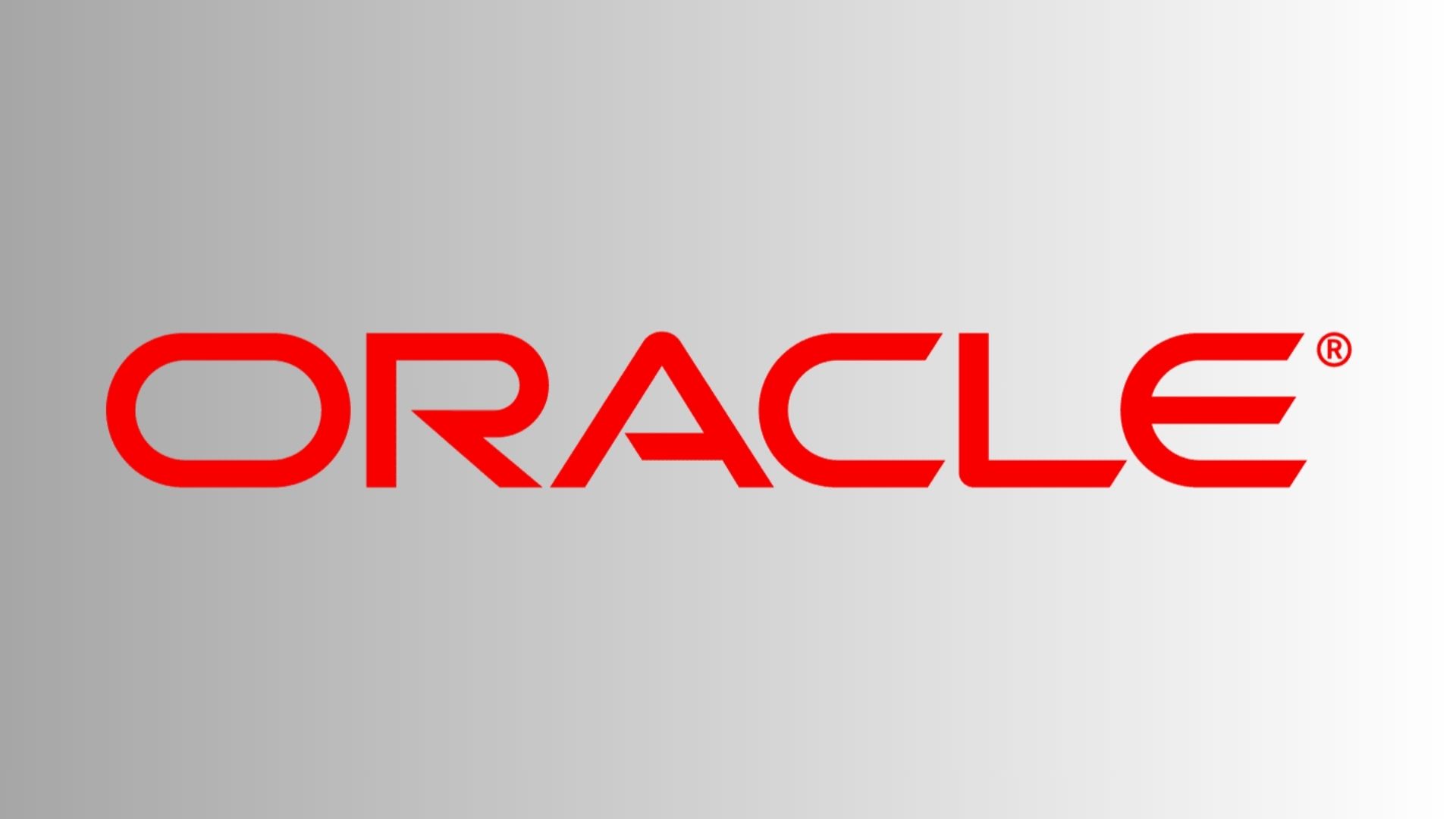At the ROSCon conference in Singapore, NVIDIA unveiled significant open-source contributions to accelerate the future of robotics.
The company announced updates to the ROS 2 framework, new partnerships within the Open Source Robotics Alliance, and the latest release of NVIDIA Isaac ROS 4.0 (all designed to strengthen collaboration in robotics development).
NVIDIA’s involvement in the new Physical AI Special Interest Group aims to enhance real-time robot control and AI processing efficiency.
Its integration of GPU-aware abstractions into ROS 2 allows the framework to handle both CPUs and GPUs seamlessly, ensuring faster and more consistent performance for robotic systems.
Additionally, the company open-sourced Greenwave Monitor, which helps developers quickly identify and fix performance bottlenecks. NVIDIA Isaac ROS 4.0, now available on the Jetson Thor platform, provides GPU-accelerated AI models and libraries to power robot mobility and manipulation.
Global robotics leaders, including AgileX, Canonical, Intrinsic, and Robotec.ai, are already deploying NVIDIA’s open-source tools to enhance simulation, digital twins, and real-world testing.
NVIDIA’s initiatives reinforce its role as a core contributor to the open-source robotics ecosystem and the development of physical AI.
Would you like to learn more about AI, tech and digital diplomacy? If so, ask our Diplo chatbot!










